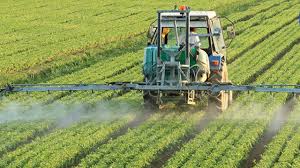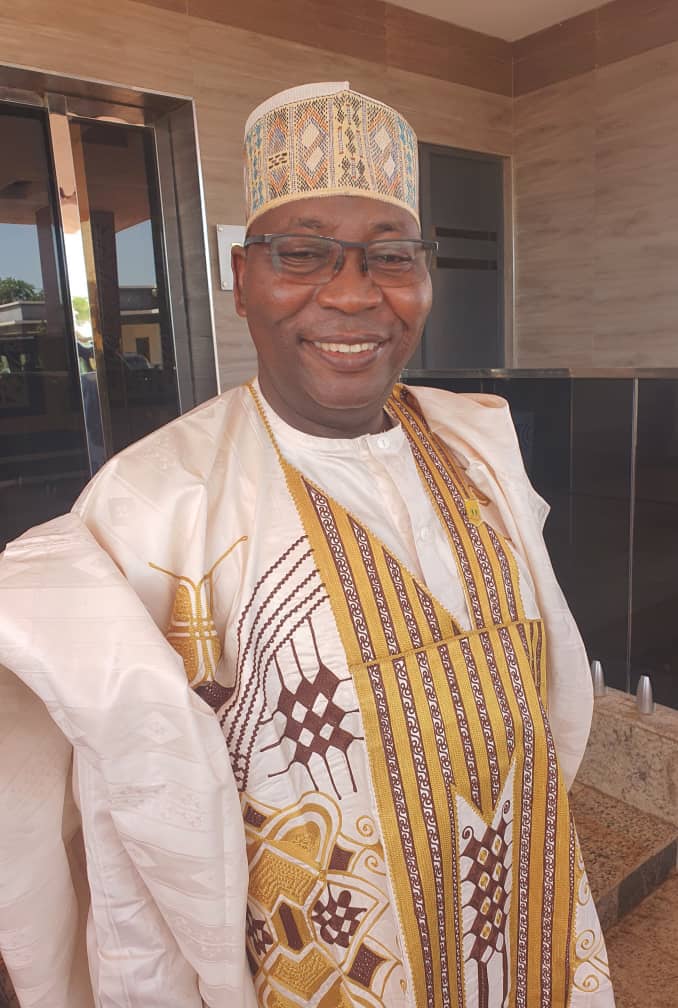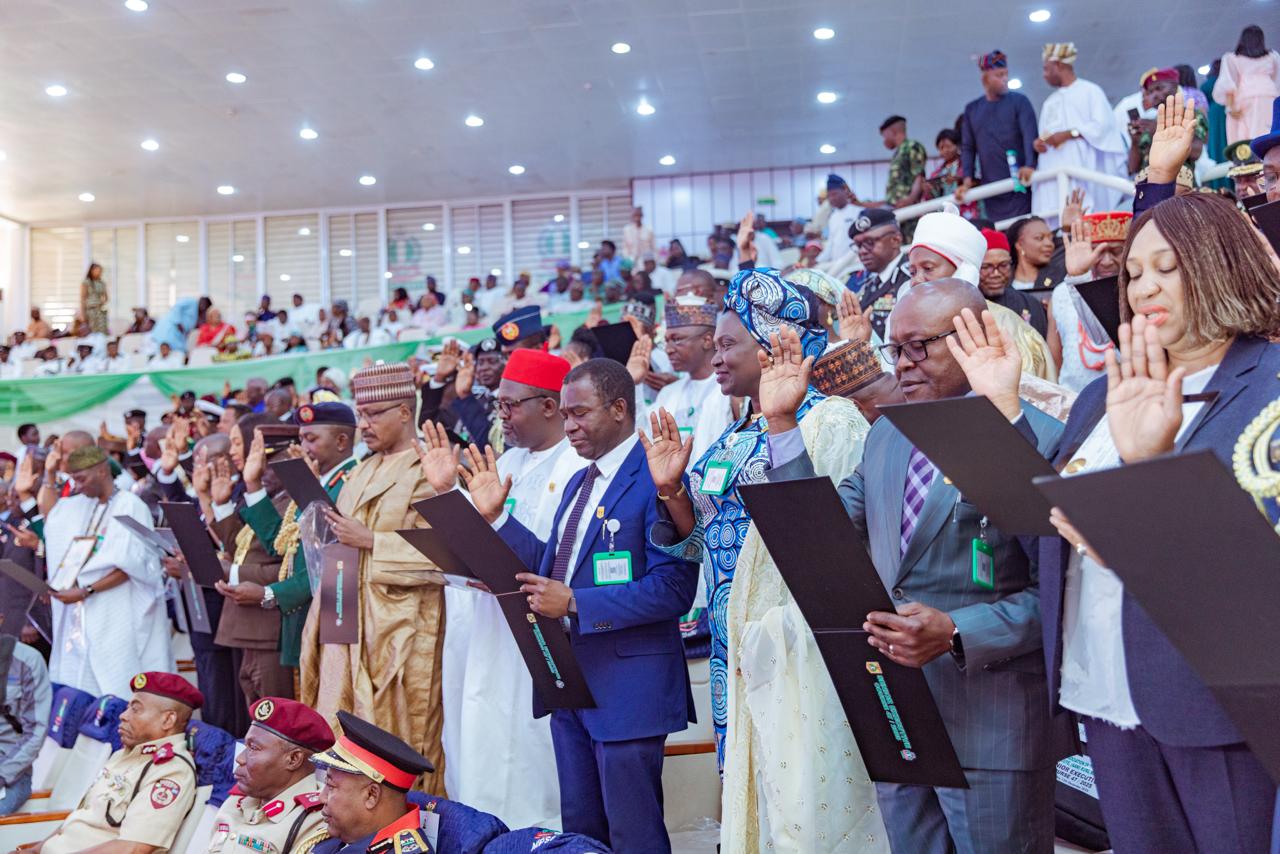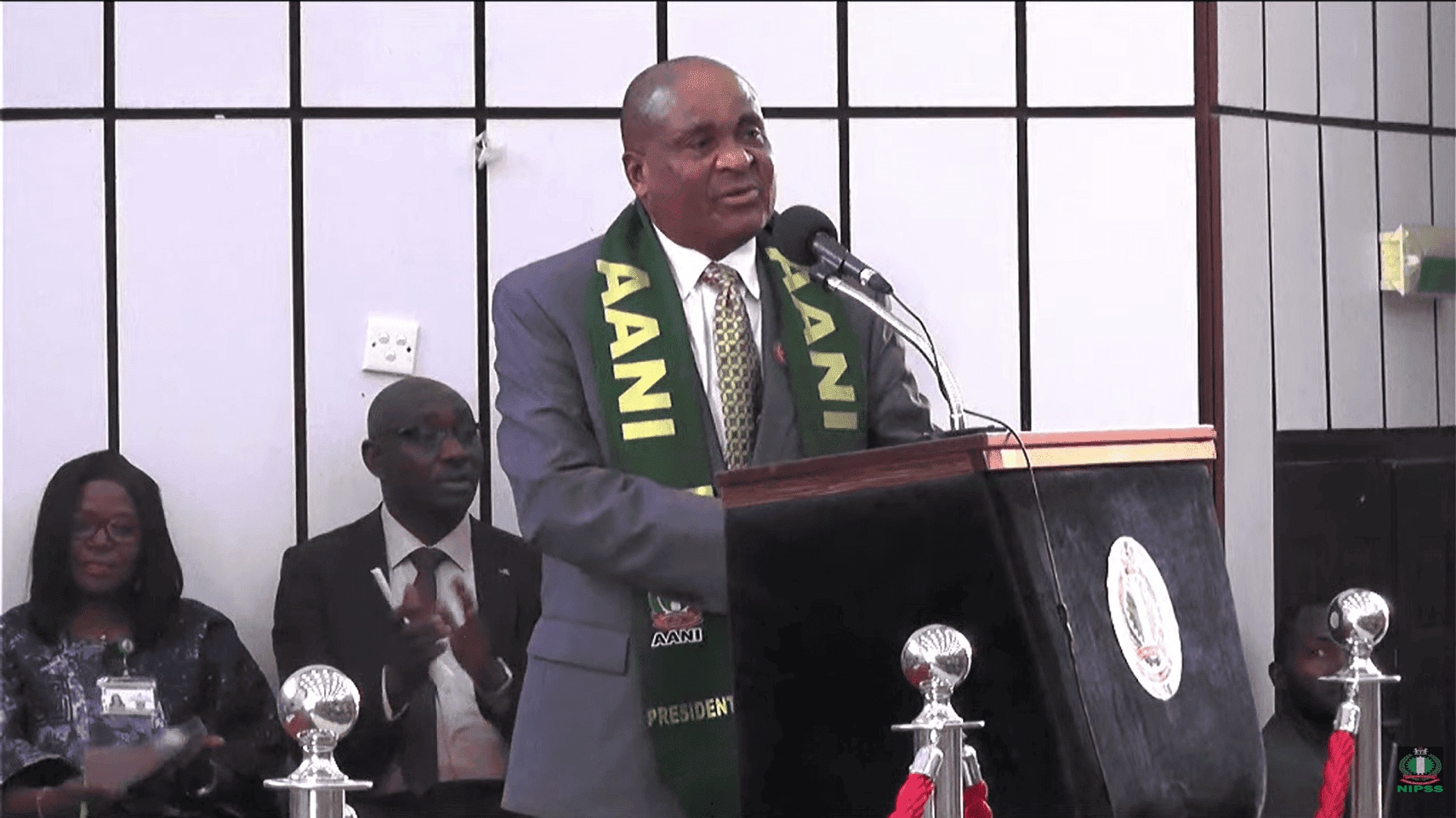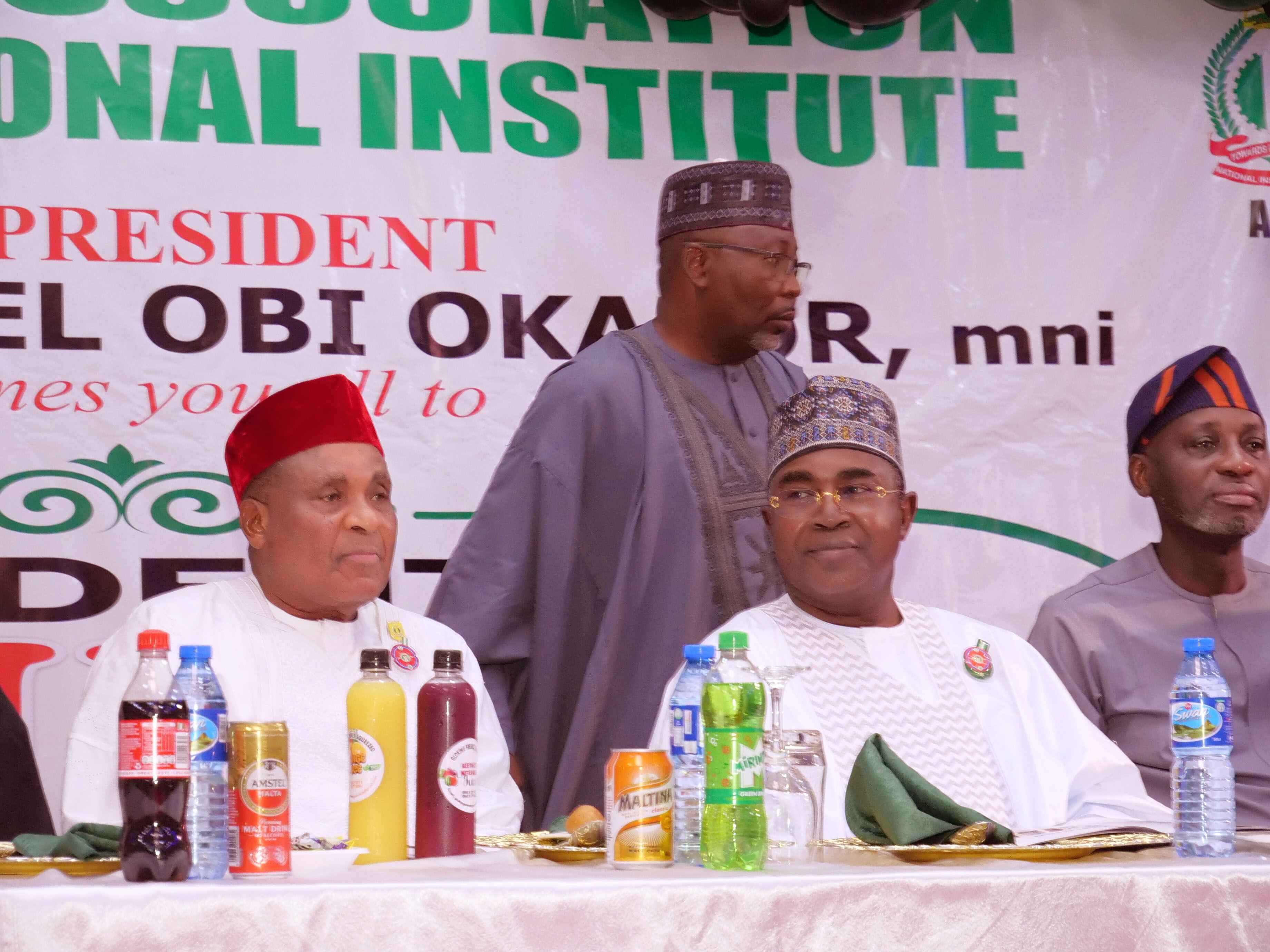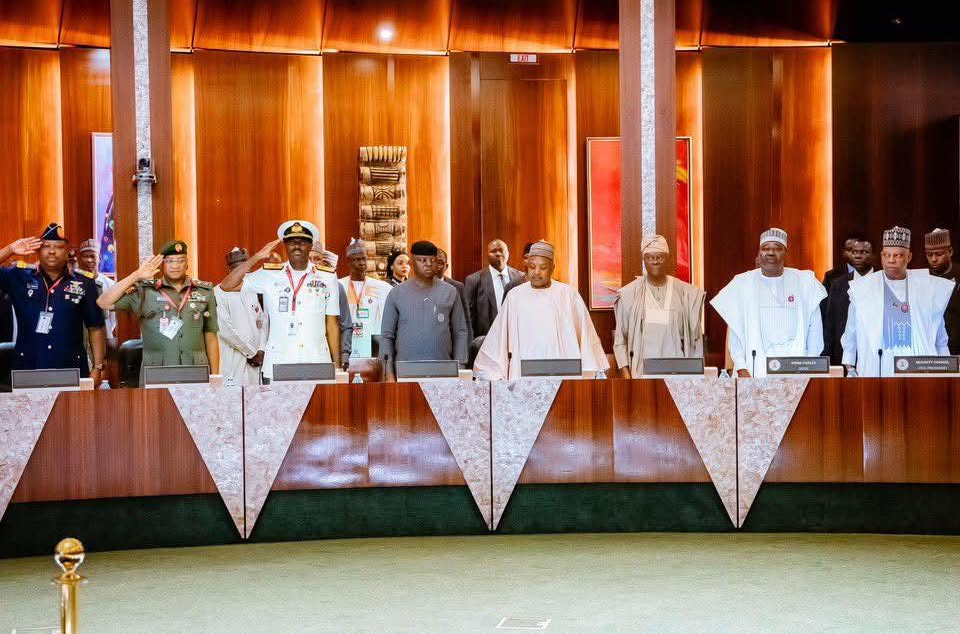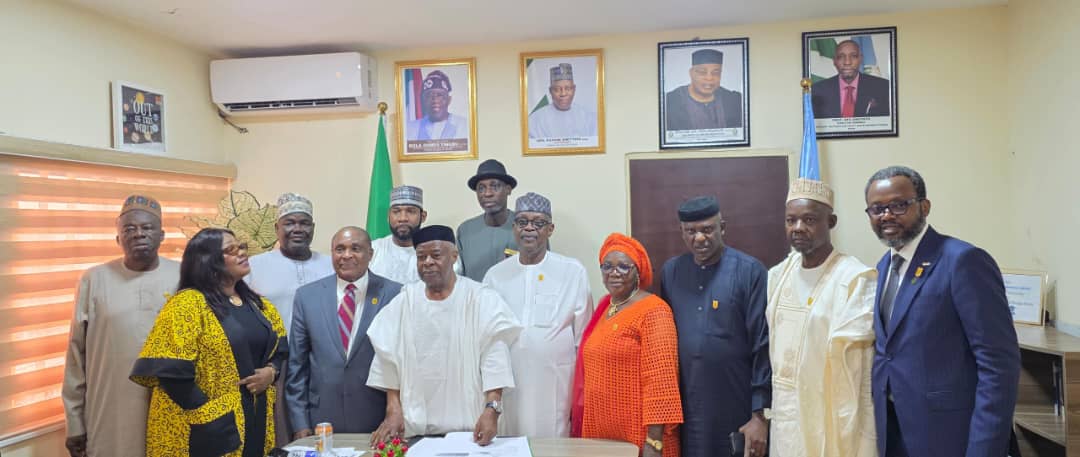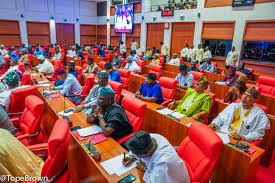Speaking on the initiative, the Technical Adviser on Agriculture to the governor, Dr. Saifullahi Umar, said the project was designed to strengthen extension services that had been overstretched for years.
“When we assessed the system, we discovered fewer than 300 extension agents were serving over a million farmers. That meant one agent was responsible for about 30,000 farmers — a completely unmanageable workload,” Umar explained.
To fix this, the government recruited 1,435 agriculture graduates, bringing the total number of extension officers to about 1,700. This move drastically reduced the ratio to one agent for every 600 farmers, a figure officials say is now one of the lowest in the country. Each political ward now has at least five trained officers, supported with 600 motorcycles to ensure they can reach farmers easily.
The reforms also prioritised training, with support from international partners such as the UK-funded POPCORN project, the International Fertiliser Development Centre, and Africa RISE, offering capacity building in modern crop and livestock practices.
On mechanisation, Umar admitted the state had faced a serious crisis. Records showed that more than 1,000 tractors had been procured in the past, yet fewer than 10 remained functional due to mismanagement, shortage of spare parts, and lack of skilled technicians.
Despite recent gains, challenges persist. Climate change, high production costs, financing gaps, flooding, and low literacy among farmers continue to threaten progress. “A 10-day heatwave once devastated our wheat yields. Similarly, delays in input delivery and the rising cost of certified seeds remain big concerns,” Umar said.
Fertilizer prices, now around N60,000 per bag, remain a major burden. The government recently procured 80 trucks of fertilizer and introduced a 20 percent subsidy, though officials admitted this was still far below the growing demand. Plans are also underway to revive the state’s dormant fertilizer blending plant and attract private investment in both organic and chemical fertilizer production.
With these reforms, Jigawa State says it is determined to build a model agricultural system that combines manpower, technology, and farmer support to increase productivity and strengthen food security across the region.


